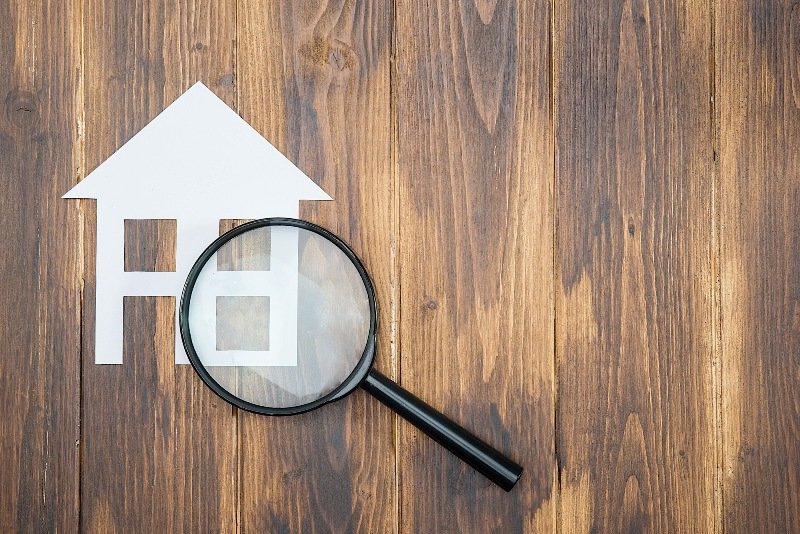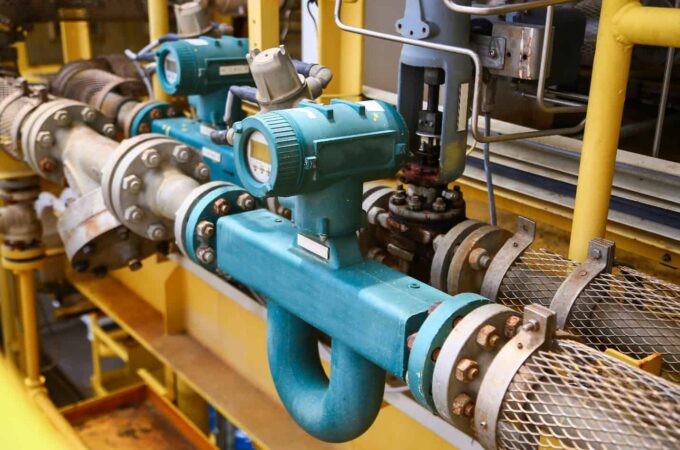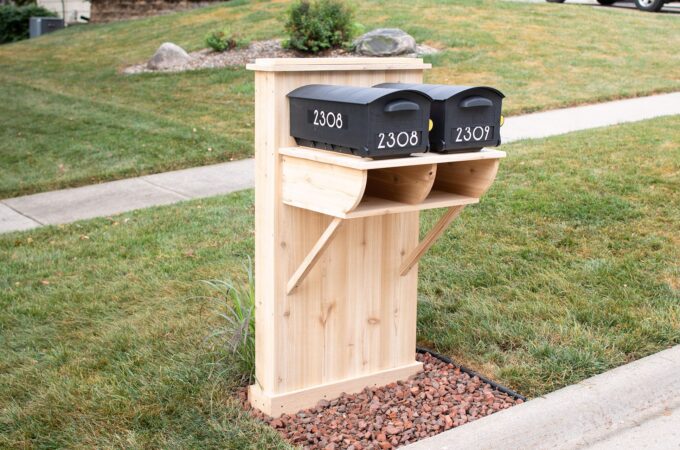
What to Expect from Your Home Inspection
Selling a home can be quite tricky, because there’s usually a lot at stake, and there are a lot of steps to go through, which you can learn more about on I Sold My House. One of these steps is the dreaded home inspection, which is often seen as the deal killer, since even for houses that were well-maintained, homeowners may just find out about things that could surprise them. This article is here to help you understand what to expect from a home inspection as a seller, to hopefully reduce the likelihood of being surprised.
Rely on Your Real Estate Agent

Your real estate agent is there to help you, which is why you should rely on their advice when it comes to every step of the home selling process, including the home inspection. They will be able to tell you what sort of maintenance issues are common around your neighborhood, as well as help you figure out which inspection findings are minor and which are major.
What Home Inspectors Look at
Home inspectors look at things like insulation, the electrical, plumbing and heating and cooling systems, at the walls, flooring and ceiling, at roofing, foundation and basement, as well as the attic and the windows and doors.
Home inspectors are very careful about the details, but they may not be able to see it all, since some aspects may be hidden. Things like mold, pests and asbestos, as well as issues under the ground may need further inspection.
Essentially, the inspector will look for signs of water damage, plumbing problems, such as leaky pipes and issues with the roof or the structural integrity of the home. You can view more here.
Leave the House
You want to allow the inspector all the necessary space to do their job, which is why it’s best for you, the seller, to be away while it is taking place. The buyer and their agent will usually be present, so that they can ask any questions they may have. Talk with your agent and have them schedule the inspection for you, ideally when you’re at work. If this is not possible, make sure that you allow for plenty of time, as these things usually last anywhere between 2 to 4 hours. Don’t rush the inspector, since this isn’t going to help you in the least.
Full Operational Condition for the House
Since the inspection’s purpose is to see how well the house is functioning, you should make sure to have everything in operational condition. This includes utilities, such as electricity, gas and water, as well as any equipment, like lights and ceiling fans. If you’re still living in that house then this shouldn’t be much of an issue, but if the place is vacant, you may need to go there quickly before the inspection to make sure everything is working.

Allow Space
If you’re still living in the house you’re trying to sell, make sure to declutter it so that the inspector will have access to everything they need to inspect, so remove things like the china cabinet blocking the electrical panel.
Repair Documents
If you’ve got any invoices or other types of documents concerning your home repairs or remodels, make sure to make them available to the inspector. It will make the buyer feel more at ease knowing that those aspects were taken care of, and that they were even further inspected.
Who Pays?
Typically, the buyer is the one paying for the home inspection. However, in some cases, buyers mention in their offer that they want the seller to pay, which means that it’s an aspect that can be negotiated.
The home inspection is an integral part of the home selling process, which is why it’s important to have a basic understanding of what it’s all about, and what you’re expected to do in preparation and during it.




